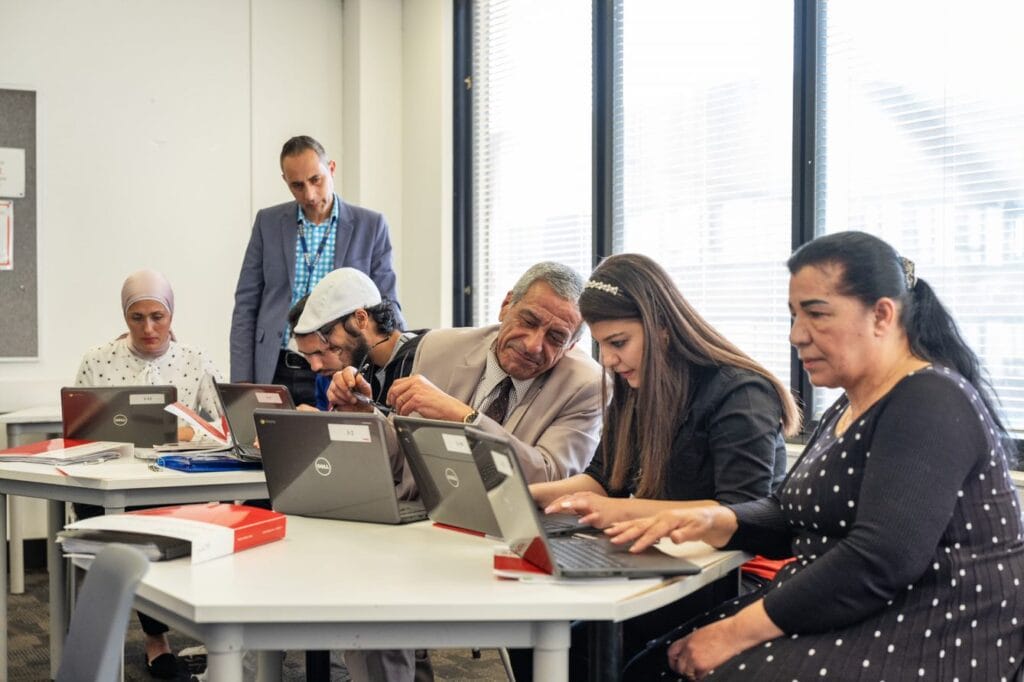Top five tips for staying safe online

It’s becoming more and more important for job seekers to learn digital skills that help them navigate the online world of job applications, government websites and electronic communication.
While the internet is a great place for finding work, connecting with friends and family and meeting new people, it can also be dangerous if you’re new to the digital world.
In honour of Safer Internet Day (9 February 2021), we caught up with Navitas English’s Academic Team Leader for the Skills for Education and Employment program, Maya Kaszynski, who gave us some important tips on how you and your family can stay safe online:
1. Be scam smart
Lots of online scammers will pose as well-known companies like Amazon, eBay and Apple to try to trick you into sharing personal information, including your bank details.
Never send money to anybody you meet online or in response to an email that you’re not expecting.
2. Protect your personal information
When you create online accounts use different passwords that are difficult to guess. Don’t use passwords which include your name, your children’s names or your pet’s name.
A good idea for a password is to think of a line from a song and use the first letter of each word combined with numbers and special characters. This helps to create a random password which is easy for you to remember but difficult for others to figure out.
3. Stay safe on socials
Social media is a great way to keep in touch with friends and family as well as meeting new people and joining online communities.
However, it’s important to remember that not everybody online is who they say they are. Never share any personal information with somebody you meet online and, if you plan to meet up in real life, always make sure it’s in a public place and let somebody know in advance who you’re meeting and where.
4. Say no to abuse
If you fall victim to bullying online or see people posting about things that are offensive or harmful block and report them.
If you have friends or family who are vulnerable to online abuse check in with them to make sure that they are not coming into any harm online.
5. Be WiFi wise
Public WiFi is a great way to stay connected when you’re on the move and lets you work from places outside your home like libraries or cafes.
It’s important to remember that your network is less secure when you’re using public WiFi so you should steer away from logging into your online banking, sending or receiving valuable or sensitive information.
Learning computer skills and online safety is an important part of Navitas English’s Skills for Education and Employment (SEE) program. This program has been designed to provide job-related training and aims to help clients find work or apply for further training, by improving skills in language, literacy, numeracy and using technology.
For more information on SEE please speak to your Jobactive provider or visit https://navitas-skilled-futures.com.au/courses-and-programs/skills-for-work-see-program/
Notice: On 1 December 2021, Navitas English changed its name to Navitas Skilled Futures. This name change reflects our programs, the focus of our work, and our positive impact on the people we serve. Find out more here.
Tags
Adult Migrant English Program Afghanistan AMEP Award Bankstown Cabramatta Canberra Childcare Citizenship COVID-19 CTA Employment English Language Support EST Event Fairfield Harmony Day Japan Jobseekers Liverpool Mental Health Navitas Navitas Skilled Futures New Humans of Australia NHOA NSW Partnerships Pathways to Work PtW Refugee Refugees Refugee Week SEE Short Course Skills for Education and Employment SLPET SSI STARTTS Student Success Sydney Volunteer VTS Western Sydney Workplace Based Training Youth
Recent posts
- Refugee Week 2025: Basim Shamaon on diversity in community
- Finding their Voice: NSF volunteer Alex Simpson is transforming lives with the written word
- From Surviving the Pol Pot Regime to Australian Citizenship: Somaly’s Remarkable Journey
- NSF Fairfield crochet club honours ANZACs with poppy wreath
- ‘From surviving to thriving’: Navitas Skilled Futures and Welcome Merchant empower refugee and migrant entrepreneurs with free online learning

